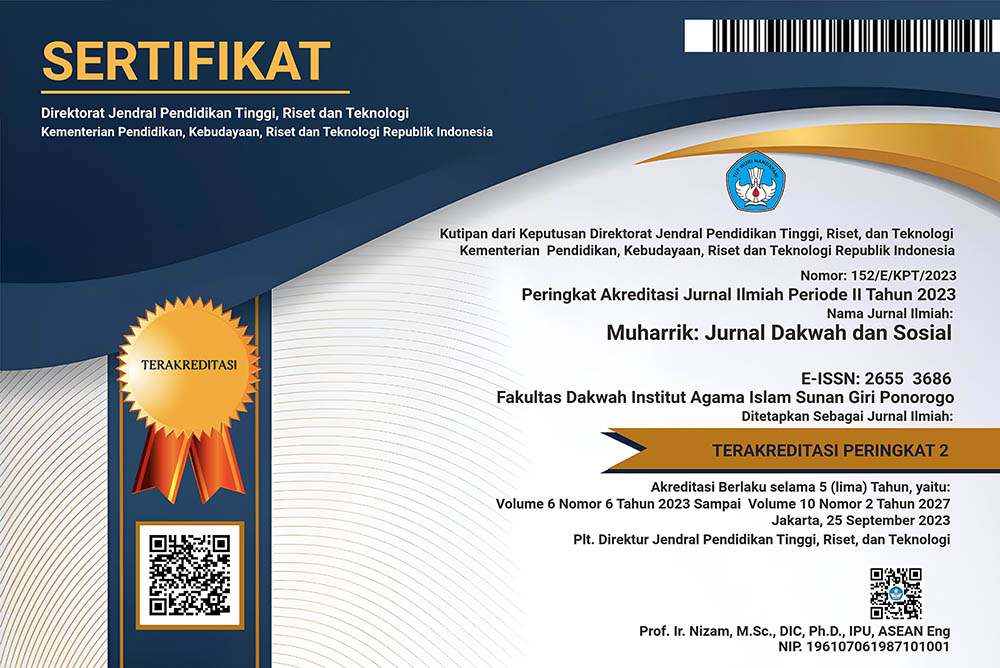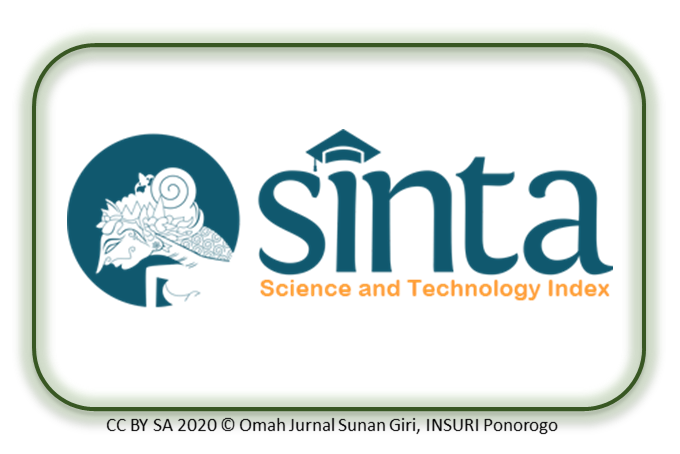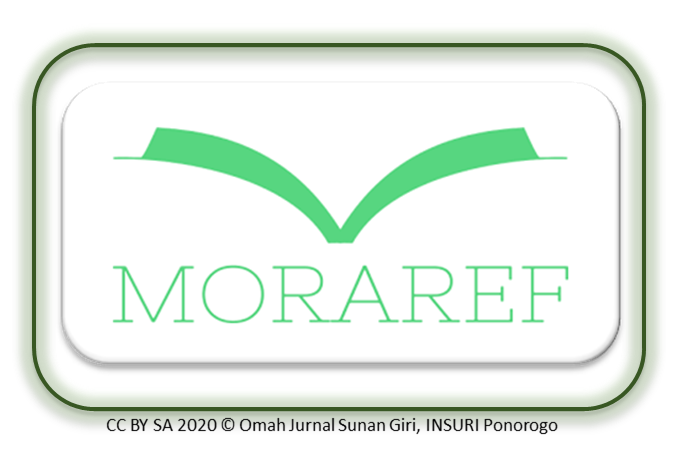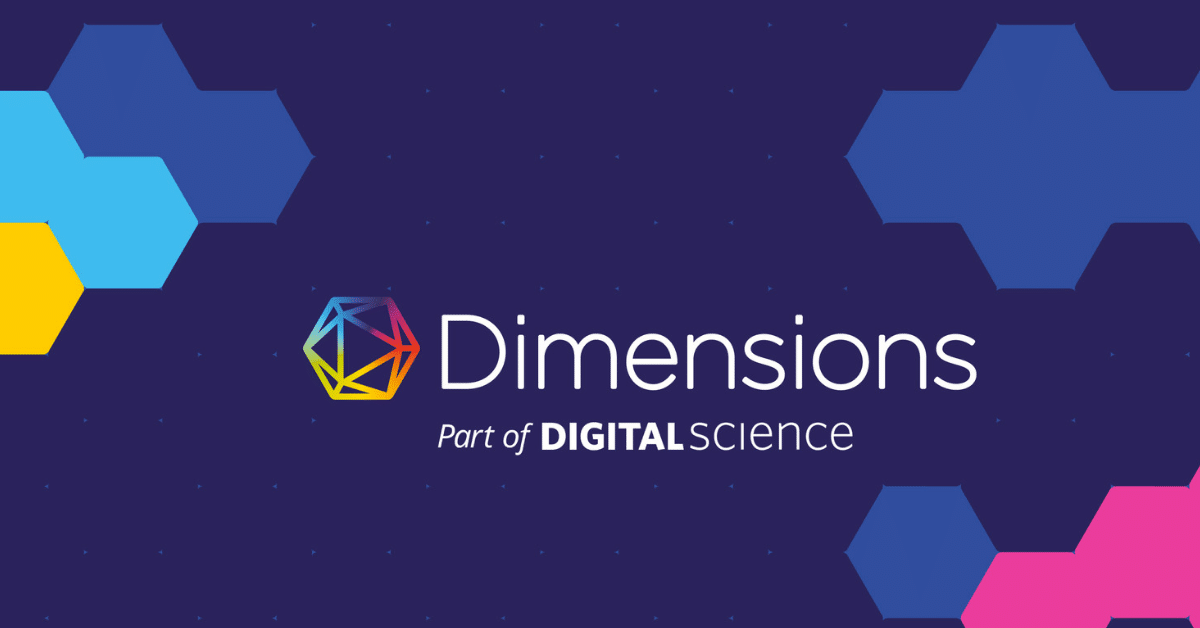Identity Politics and Religious Recognition in Indonesian Democracy: A Post-Secular Perspective
Keywords:
Secularization,, secular ratio,, religious ratio,, stream politics,, democracy,, secularism,, post-secularismAbstract
In various academic literature studies in Indonesia, identity politics is often equated with the politicization of identity. As a result, identity politics is less noticed as the politics of recognition or multiculturalism politics for oppressed identity groups. This article aims to show the distinction between identity politics and politicization of identity in the history of democracy in Indonesia, while also showing how identity politics, as the politics of recognition and religious moral values, can support democratization. This study is a philosophical research and therefore uses a philosophical research methodology, with five main methodological elements: Interpretation, internal coherence, holistic, historical continuity, and heuristics. First, this study finds that Identity politics and politicization of identity are two terms in contemporary social philosophy with different meanings. Identity politics is not bad per se, while politicization of identity is harmful per se; second, the answer to the problem of democracy is not to confine religion to the private sphere as in secularism in the West or the depoliticization of Islam in the New Order era in Indonesia, but rather to carry out a double learning process between state and religion, politics and faith, reason and revelation, which is called post-secularism; Third, religious hegemony remains a threat to democracy in Indonesia, but because democracy is not only a system but also an ethos, the moral contribution of religion is greatly needed in forming a healthy democracy. In conclusion, identity politics can support democracy when religion engages in dialogue with public reason and becomes the moral foundation of the democratic ethos. Therefore, this study suggests that religion and state must always engage in a dual learning process and recognize each other's contributions.
References
Again, Muhammed A. "The Post-secular and Rethinking the Political.” Journal of Economy Culture and Society, Vol.62 (2020): 381-395. DOI: 10.26650/JECS2020-0008.
Bein, Simon. "The dysfunctional paradox of identity politics in liberal democracies." AUFSÄTZE, Vol. 16, No. 2 (2022): 221–246. https://doi.org/10.1007/s12286-022-00522-y.
Bela, Dinda Rosanti Salsa, et al. “Meta-Analysis at the Root of Terrorism from the Perspective of Islamic Movement in Indonesia.” al-Ikham: Jurnal Hukum dan Pranata Sosial,16 (2), 2021: 402-403. https://doi.org/10.19105/al-lhkam.v16i2.4817.
Bruinessen, Martin van. “Genealogies of Islamic Radicalism in post-Suharto Indonesia.” South East Asia Research, Vol. 10, No. 2(2022):117-154.https://doi.org/10.5367/000000002101297035.
Dian et al. "Nurcholish Madjid's Perspective about Thought of Religious Pluralism.” Munaddhomah: Jurnal Manajemen Pendidikan Islam, Vol. 3, No. 2(2022): 139-148.https://doi.org/10.31538/munaddhomah.v3i2.242.
Dijon, Annelien de. "The Ethos of Democracy." Modern Intellectual History, Vol. 16, No.2 (2019): 607-612. doi:10.1017/S1479244317000440.
Faidi, Ahmad. “Sistem Kekhalifahan dan Konstruksi Budaya Politik Arab.” al-Ikham: Jurnal Hukum dan Pranata Sosial, Vol.13 (1) (2018): 190. https://doi.org/10.19105/al-lhkam.v13i1.1478.
Faqihuddin, Ahmad. “Religious Pluralism According to Nurcholish Madjid Thinking in the Indonesian Contact.” Al-Risalah, Vol. 14, No. 2 (2023): 412-424.DOI: 10.34005/alrisalah.v14i1.2715.
Fernki, Frenki. “Analisis Politisasi Identitas dalam Kontestasi Politik pada Pemilihan Umum di Indonesia.” As-Siyasi, Journal of Constitution Law, Vol. 1. No 1 (2021): 29-49. https://doi.org/10.24042/as-siyasi.v1i1.8540.
Gutmann, Amy. Identity in Democracy. New Jersey: Princeton University Press, 2004.
Habermas, J. “Myth and Ritual.” Berkeley Lecture Center, 19 October 2021.
----------------. “Notes on Post-secular Society.” In Secularism's Crisis Faith, Jurgen Habermas, Tony Blair and Regis Debray (eds.). NPQ, 2008.
----------------. "Religion in the Public Sphere." A Seminar Report from The Holberg Prize Seminar, 2005.
Hadiz, Vedi R. and Richard Robison, “Competing Populism in Post-authoritarian Indonesia.” International Political Science Review, Vol. 38, No.4 (2017): 488-502.DOI: 10.1177/0192512117697475.
Hakim, Masykur. “The New Order and Indonesian Islam Politics.” Ilmu Ushuluddin, Vol. 3, No.1 (2016): 23-44. https://doi.org/10.15408/jiu.v3i1.4850.
Hamidah, Kamilia. “The Trend of Emerging Identity Politics in Indonesia and the Challenge in Fostering Social Cohesion: Lesson Learned from Jakarta Provincial Election.” Karsa: Journal of Social and Islamic Culture, Vol. 26 No.1 (2018): 91-109.DOI: 10.19105/karsa.v26i1.165.
Hanan, Djayadi. “Identity Politics in the 2019 Indonesian General Elections: Its Significance and Limitation.” Jurnal Wacana Politik, Vol. 5, no.1 (2020): 15-25. http://dx.doi.org/10.24198/jwp.v5i1.27710.
Hara, Abubakar Eby “Populism in Indonesia and its Threats to Democracy.” ASSEHR, Vol. 129 (2018): 106-111. http://dx.doi.org/10.2991/icsps-17.2018.23.
Hardiman, F. Budi. Demorasi Deliberatif. Menimbang Negara Hukum dan Ruang Publik dalam Teori Diskursu Jurgen Habermas. Yogyakarta: Kanisius, 2009.
Hisyam, Zainun Nur, “The Coexistence of Faith and Reason: Habermas' Theoretical Framework of the Post-Secular Society.” MASYARAKAT: Jurnal Sosiologi, Vol. 27, No. 2 (2022): 1-23.
Ismail, Faisal. "Religion, State, and Ideology in Indonesia: A Historical Account of the Acceptance of Pancasila as the Basis of the Indonesian State." Indonesian Journal Of Interdisciplinary Islamic Studies (IJIIS), Vol. 1, no. 2 (2018):19-58.DOI: 10.20885/ijiis.vol1.iss2.art2.
Jatmiko, Datu. “Pergeseran Politik Aliran Menjadi Politik Transaksional dalam Pilkada Tulungagung.” Jurnal Review Politik, Vol. 12, No. 01 (2022): 1-18. https://doi.org/10.15642/jrp.2022.12.1.1-18
Jegalus, Norbertus Das Verhaltnis von Politik, Religion und Zivilreligion untersucht am Beispiel der Pancasila. Munchen: Herbert Utz Verlag, 2009, hlm. 39-40.
Jegalus, Norbertus. "Modernizing Religion and Culture: Sutan Takdir Alisjahbana's Philosophical Perspective of Values." Indonesian Journal of Interdisciplinary Islamic Studies, Vol. 3, No.2 (2020): 1-22. https://doi.org/10.20885/ijiis.vol3.iss2.art1.
Jessop, Sharon. "Adorno: Cultural Education and Resistance." Stud Philos Educ, Vol. 36 (2017): 409–423.DOI 10.1007/s11217-016-9531-6.
Kędziora, Krzysztof. "Habermas and Rawls on an epistemic status of the principles of justice." ACTA UNIVERSITATIS LODZIENSIS, Vol. 34 (2019): 31-46. http://dx.doi.org/10.18778/0208-6107.34.03.
Khamdan, Muh., “Islam Nusantara in Political Contestation Identity Religion.” ADDIN, Vol. 12, No.2 (2018):491-520. http://dx.doi.org/10.21043/addin.v12i2.
Kristimanta, Putri Ariza and Mouliza K.D Sweinstani. "Politicization of identity in local election as a soft security threat: A Case of 2017 Jakarta Gubernatorial Election." Jissh, Vol.8, No.2 (2018): 101-118.http://dx.doi.org/10.14203/jissh.v8i2.134.
Kymclika, Will. Multicultural Citizenship. A liberal Theory of Minority Rights. Oxford: Clarendon Press, 1996.
Lesmana, Aditya Candra and Budi Sutrisno. “Playing with Identity Politics: An Analysis Post-2019 Presidential Election." Jurnal Sosiologi USK, Vol. 15, no.2 (2021): 236-254.
Lind, Andreas Gonçalves. "The Theological Foundation of Democracy According to Ratzinger," Religions, Vol. 115, No. 9 (2018):1-16. doi:10.3390/rel9040115.
Madjid, Nurcholish. “Keharusan Pembaruan Pemikiran Islam dan Masalah Integrasi Umat.” In Karya Lengkap Nurcholish Madjid, Budhy Munawar-Rachman (ed.). Jakarta: Nurcholish Madjid Society, 2019.
-------------------------. Islam, Doktrin dan Peradaban. Jakarta: Yayasan Wakaf Paramadina, 1992.
Madung, Otto G. “Post-secularism as a Basis of Dialogue Between Philosophy and Religion." Jurnal Filsafat, Vol. 31, No. 2 (2021):271-289. doi: 10.22146/jf.65189.
Mahadevan, Kanchana. "Rethinking the Post-Secular and Secular with Habermas and Ambedkar." Cahiers d’Études Germaniques, Vol. 74 (2018): 103-118. DOI: 10.4000/ceg.2976.
Maimun dan Ainul Haq, “Prinsip-Prinsip Hukum Islam dalam Peraturan Daerah: Melacak Motivasi dan Efektifitas Peraturan Daerah Bernuansa Syariah di Pamekasan.” al-Ikham: Jurnal Hukum dan Pranata Sosial, Vol. 13 (1) (2018): 121.https://doi.org/10.19105/al-lhkam.v13i1.1578.
Mayrudin, Yeby Ma'asan and M. Chairil Akbar. "Identity Politics Within Indonesian Islamic Parties: Study of PKB and PKS." Advances in Social Science, Education and Humanities Research, Vol. 367 (2019): 282-288. DOI 10.2991/icdesa-19.2019.58.
Mietzner, Marcus. "Fighting Illiberalism with Illiberalism, Islamist Populism and Democratic Deconsolidation in Indonesia.” Pacific Affairs, Vol. 91(2) (Juni 2018): 264. DOI: https://dx.doi.org/10.5509/2018912261.
Mudhoffir, Abdil Mughis. "Political Islam and Religious Violence in Post-New Order Indonesia." MASYARAKAT: Jurnal Sosiologi, Vol. 20, No.1 (2023):2-23. https://scholarhub.ui.ac.id /mjs/vol20/iss1/2.
Prakasa, S. U. W., S. Al-Fatih, and A.R.Aji Haqqi. "Terrorism Eradication in ASEAN Countries: Human Rights Perspective." al-Ihkam: Jurnal Hukum dan Pranata Sosial, 16 (2) (2021), 334. https://doi.org/10.19105/al-lhkam.v16i2.5021.
Prayudi. "Analysing the Role of Islam within Indonesia's Culture and Politic." PONTE: International Journal of Sciences and Research, Vol. 73, No. 4 (2017): 120-132. http://www.pontejournal.net/index.html.
Selamat, Shelomita and Yustinus. "Thinking Prevents Grave Evil: An Analysis of Thinking According to Hannah Arendt.” International Journal of Indonesian Philosophy & Theology, Vol. 3, No.2 (2022): 95-109.DOI: 10.47043/ijipth.v3i2.38.
Setiadi, Ozi et al. “Relasi Islam dan Negara: Refleksi Gagasan Sekularisasi Nurcholish Madjid.” Politeia: Jurnal Pemikiran Politik Islam, Vol.3, No.2 (2020): 125-138.
Sihidi, Iradhad Taqwa, et al. "The Practice of Political Identity: A Systematic Review." Jurnal Wacana Politik, Vol. 7, no.2(2022): 148-156. DOI: 10.24198/jwp.v7i2.37749.
Silva, Gustavo Lima e and Felipe Gonçalves Silva, "Between experience and structure: Social suffering, collective identities and justice in Iris Marion Young." DIGITHUM: A Relational Perspective on Culture and Society, Vol. 23(2019): 1-11. http://doi.org/10.7238/d.v0i23.3157.
Sunardi. "Islamic Populism: Asymmetrical, Multi-Class Coalition-Based Social Mobilization." Jurnal Politik, Vol. 4, No. 2 (2019):329-338. https://scholarhub.ui.ac.id/politik/vol4/iss2/18.
Tan, Petrus. “Post-Sekularisme, Demokrasi, dan Peran Publik Agama.” Jurnal Ledalero, Vol. 20, No. 1(2021): 35-50.DOI: http://dx.doi.org/10.31385/jl.v20i1.228.35-50.
Taylor, C. Source of the Self: The Making of Modern Identity. USA: Harvard University Press, 1992.
Turan, Yildirim and Lan Nguyen Hoang. "Beyond Sectarian Identity Politics within the Middle East: The Case of Rivalry between Iran and Saudi Arabia.” Journal of Academic Inquiry, Vol.14, No.2 (2019):77-120.DOI: 10.17550/akademikincelemeler. 494934.
Wingarta, I Putu Sastra et al. “Pengaruh Politik Identitas terhadap Demokrasi Indonesia.” Jurnal Kajian Lembaga Ketahanan Nasional Republik di Indonesia, Vol. 9 No. 4 (2023):117-124. https://doi.org/10.55960/jlri.v9i4.419.
Ulfah, Nufikha, Arofah Minasari, and Yayuk Hidayah. "Actualization of Pancasila in The Implementation of Ethical Democracy in The Global Era." Metafora: Education, Social Sciences and Humanities Journal, Vol. 5, No.1(2021): 1-10. https://doi.org/10.26740/metafora.v5n1.p1-10.
Zakiyah, et al. “They are Just the Same; Everyday Life of Terrorists’ Families in East Java Indonesia.” al-Ikham:Jurnal Hukum dan Pranata Sosial, 18 (1) (2023): 54. https://doi.org/10.19105/al-lhkam.v18i1.8343.
Downloads
Published
Issue
Section
License
Copyright (c) 2024 Norbertus Jegalus

This work is licensed under a Creative Commons Attribution-NonCommercial 4.0 International License.
The author(s) retain/s the copyright and grant/s Muharrik: Jurnal Dakwah dan Sosial the first publication rights licensed under the Creative Commons Attribution-NonCommercial 4.0 International (CC BY-NC 4.0) , which allows others to access (search, read, download and quote), share (copy and redistribute the material in any media or format) and adapt (mix, modify and develop) works for legitimate non-commercial purposes, with recognition of the authorship of the work and its initial publication in this journal.












